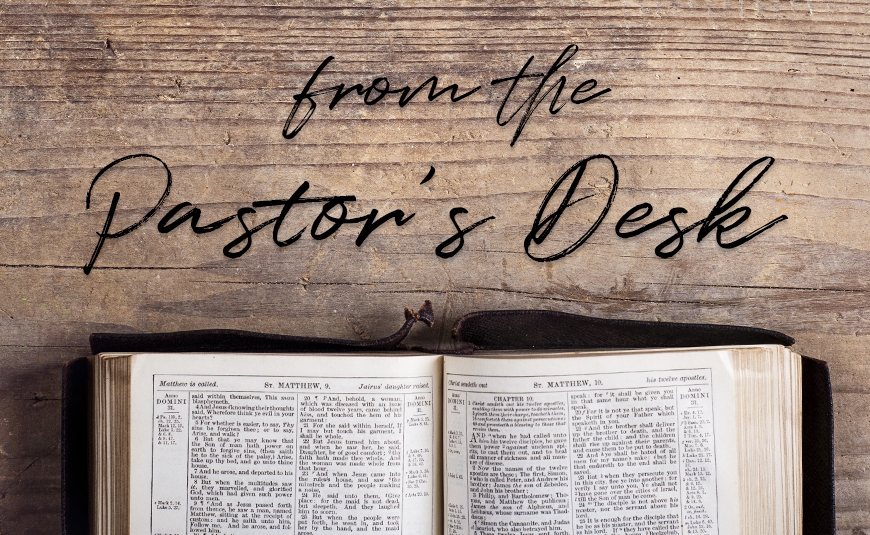Worrying is like a rocking chair, it gives you something to do, but it gets you nowhere.
-Glenn Turner
The sovereign cure for worry is prayer.
–William James
Do you tend to worry a lot? If so, you're certainly not alone. At times, most of us go through periods of stress when we feel anxious and worried. When we run up against problems at work, tensions within our families, financial concerns, health issues, or other maters that deeply impact us, worry is often a predictable, even normal result.
Sometimes, however, our tendency to worry can get out of control. According to the World Health Organization, in any given year, seven million (3.1%) of all American adults suffer from Generalized Anxiety Disorder (GAD), a debilitating condition that is characterized by "excessive, uncontrollable and often irrational worry about everyday things, which is disproportionate to the actual source of worry." Those who suffer from GAD often find that worry interferes with their ability to function in their day to day lives, as well as causing physical problems such as fatigue, headaches, nausea, muscle tension, trembling, twitching, irritability, sweating, and insomnia.
We know that even in more moderate amounts, worry doesn't do us any good. It takes a toll on our physical, mental, and spiritual health, causing things like upset stomachs, sleepless nights, elevated blood pressure, lack of appetite, and both spiritual and emotional depression.
The sad thing, of course, is that many of the things we worry about never actually come to pass. Or if they do, they turn out to be not quite as bad as we had feared. As someone once observed, "Worry is the advance interest you pay on troubles that never come."
When it comes to worrying, the Bible offers this simple, solid advice: DON'T!
"Do not worry," Jesus admonished in the Sermon on the Mount, "about your life, what you will eat or drink, or about your body and what you will wear. Who of you by worrying can add a single hour to his life?"
In place of worry, Jesus said we should instead concentrate on the goodness and mercy of our Heavenly Father who knows our needs even before we ask. "Seek first the Kingdom of God," He counseled, "and all these other things will be added to you."
In Philippians 4, Paul offers the same advice, "Don't worry about anything," he says, "but in everything, by prayer and petition, with thanksgiving, present your requests to God." Instead of wasting our spiritual energy and mental resources in the fruitless business of worrying, Paul says that we should redirect our focus and energy onto God. Rather than making ourselves sick with worry, we should redouble our efforts in prayer. We should pray about our concerns and hand them over to God. And we should do so with an eye on the good things God has already done for us ("with thanksgiving"), which will bolster our faith and confidence in His ability to provide for our needs in all current and future situations.
Turning to prayer rather than worry will yield far different results. If we hand over our problems to God, Paul says that in place of upset tummies and sleepless nights, "the peace of God, which transcends all human understanding will keep your heart and mind in Christ Jesus."
The Bible's counsel is clear. Don't worry! Instead, "cast all your cares upon God, because He cares for you." Instead of GAD, experience GOD!
Grace and Peace,
Pastor Michael
Be sure to check out this article in our full newsletter from May 2024 - Click Here!


